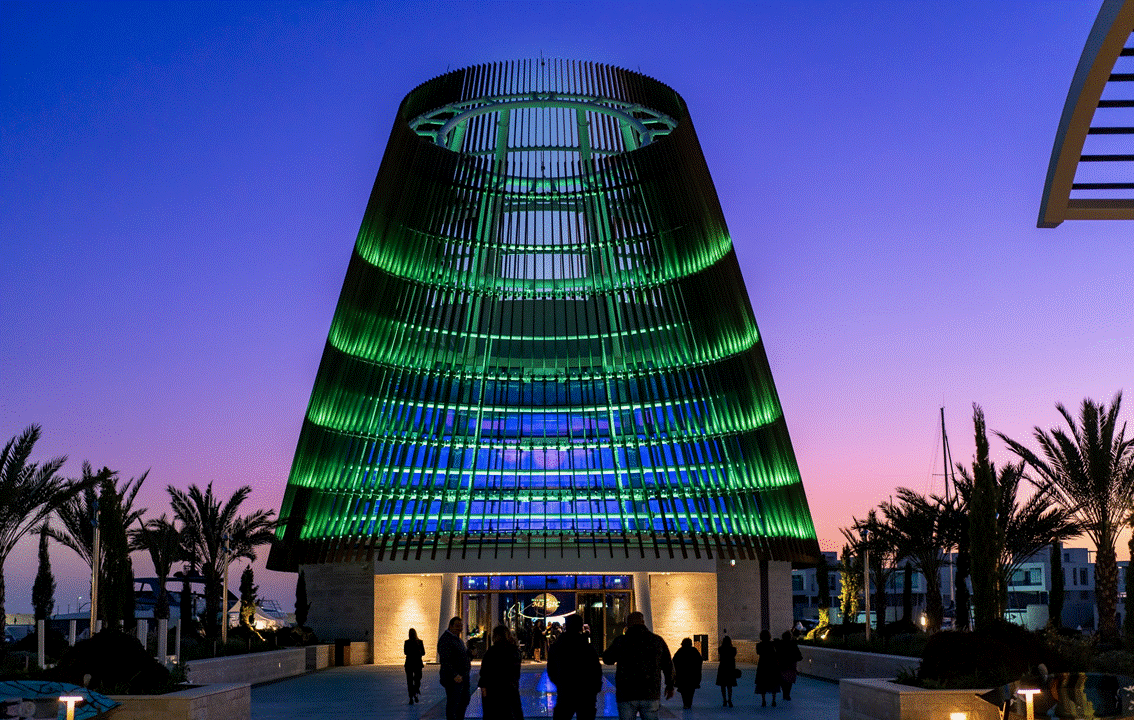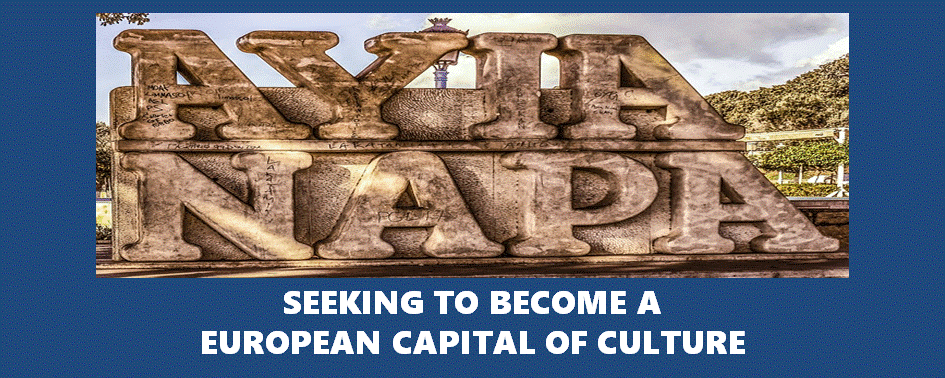
A VIBRANT TOURIST DESTINATION
Ayia Napa, known primarily as a vibrant tourist destination, is aiming to be recognised as one of Europe’s capitals of culture, after officially entering the race for acknowledgement of the award. Paphos, back in 2017, was the first Cypriot city to earn the prestigious accolade of European Capital of Culture. For Ayia Napa to secure this title, it would need to demonstrate a commitment to cultural development and submit a plan for sustainable tourism that supports local communities.
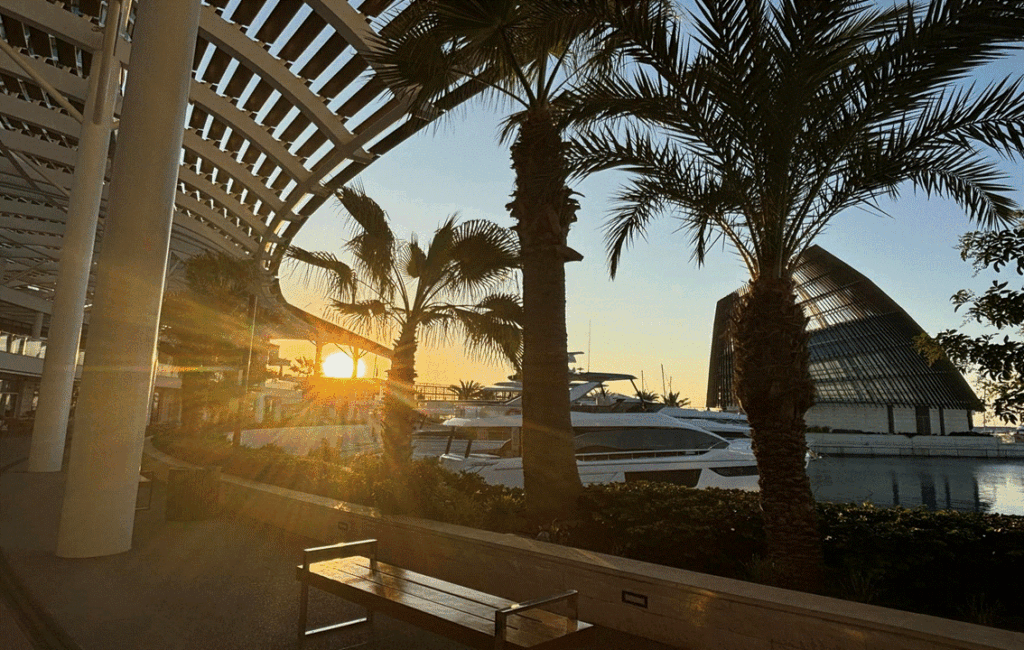
ENHANCING CULTURAL OFFERINGS
Ayia Napa has been working to diversify its appeal beyond just nightlife and beaches and is now enhancing its cultural offerings. The award would be a big step toward establishing Ayia Napa as an international cultural hub, promising to boost both the cultural and tourism landscape across the whole Famagusta district.
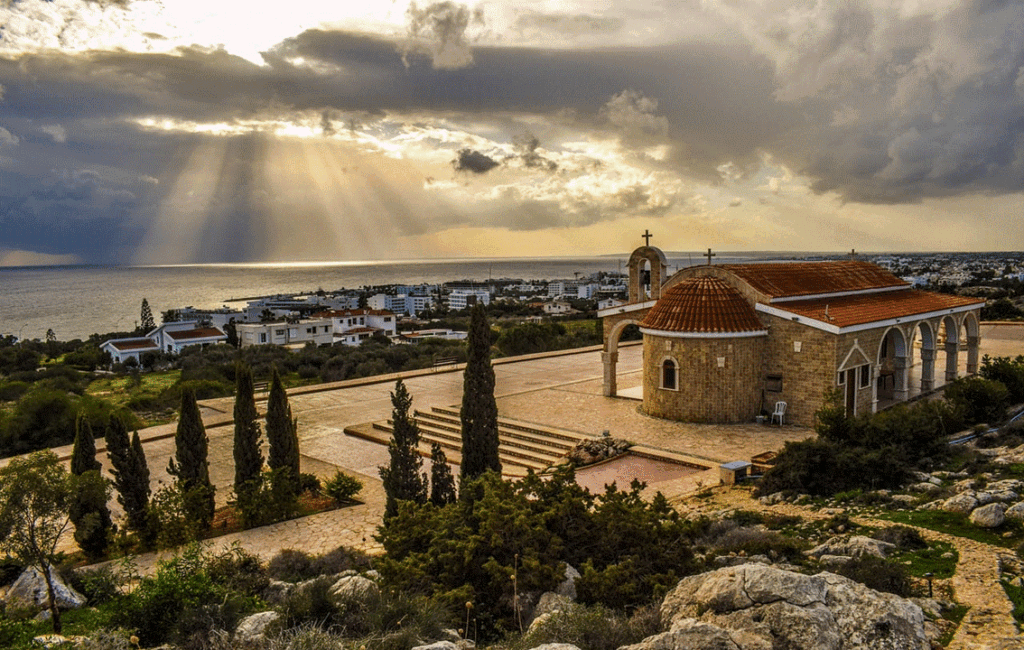
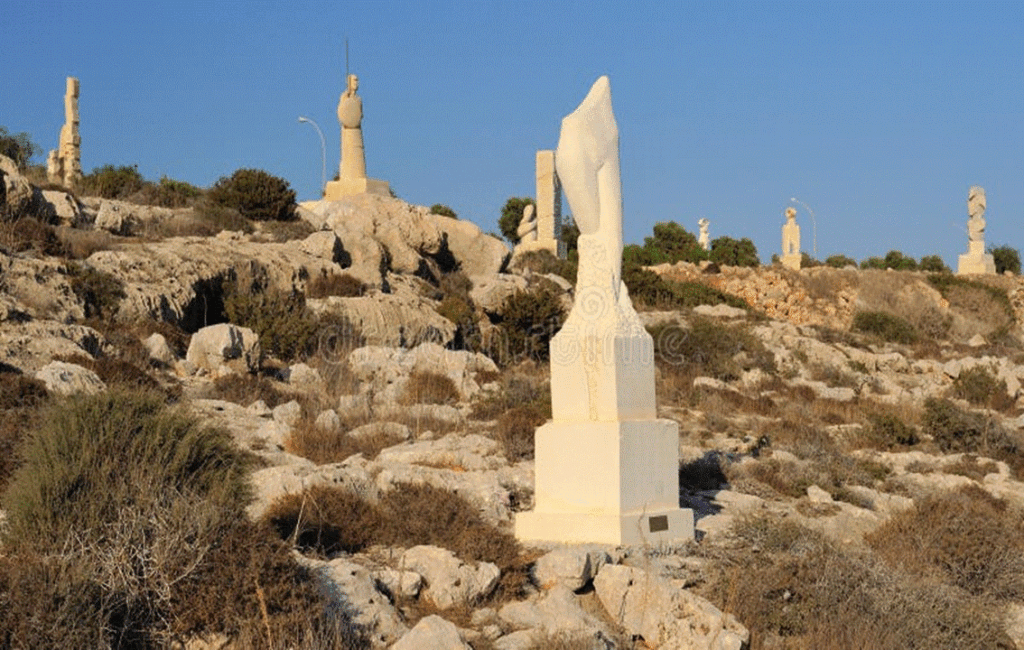
Considerations for Ayia Napa
Cultural Heritage: Ayia Napa has historical sites, such as the 16th-century monastery and various churches that reflect its rich Orthodox Christian heritage. Promoting these historical aspects through events and exhibitions could attract cultural tourism.
Art and Festivals: Ayia Napa has been increasingly hosting art festivals and cultural events, including music and dance festivals, displaying both local and international talent, and enhancing its appeal as a cultural hub.
Natural Beauty: Ayia Napa’s beautiful coastline and natural parks provide a stunning backdrop for cultural events and artistic activities, making it an appealing location for both artists and performers.
Community Engagement: Efforts to involve local communities in cultural projects have strengthened Ayia Napa’s local identity and enabled it to build a vibrant cultural scene reflecting its uniqueness.
Tourism Growth: As tourism evolves, Ayia Napa is trying to diversify its offerings to include more cultural and artistic experiences, helping to position it as a cultural capital.
Strategic Development: Investments in infrastructure and cultural programs have recently enhanced Ayia Napa’s attractiveness for cultural initiatives, allowing it to align itself with the goals of the European Capital of Culture program.
WHAT IS A CAPITAL OF CULTURE?
The European Union’s Commission manages the title, and the Council of Ministers formally designates the cities each year. The program has evolved from a traditional arts festival to a more complex program that includes economic and social objectives.
The current European Capitals of Culture are
Bad Ischl, Austria: A popular tourist destination in the Salzkammergut region, known for its scenic views and lakes. In 2024, the city will host a project highlighting its diverse cultures and history through art.
Bodø, Norway: The largest cultural project in Northern Norway’s history, with over 1,000 events organised annually. The Queen of Norway is the royal patron for Bodø 2024.
Tartu, Estonia: Known for its rolling countryside, this city has come to the forefront for its numerous cultural initiatives.
